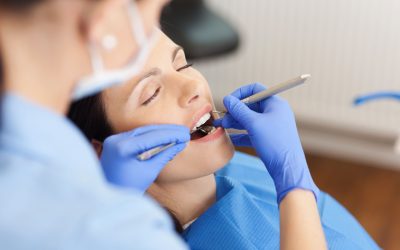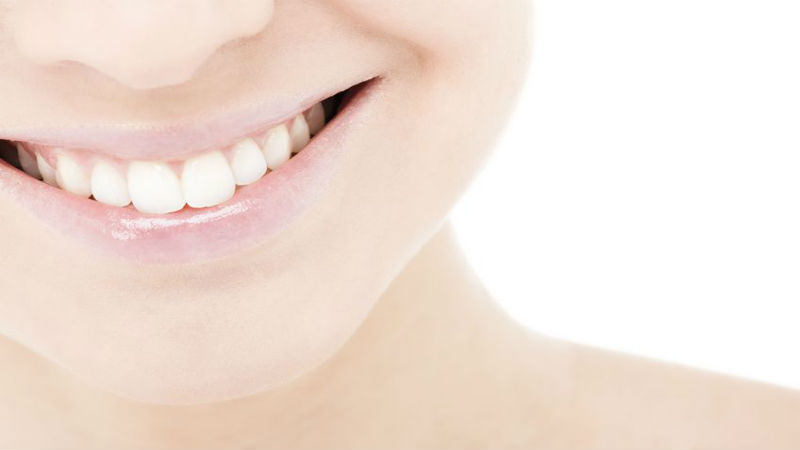There are a number of disorders that those dealing with TMJ (Temporomandibular joint) problems face, often they overlap. The disorders include:
- Problems with the muscle groups of the jaw
- Facial and jaw joint pain, and
- Joint problems
These possible complications make diagnosing and treating TMJ a challenge, for TMJ treatment in Downers Grove to be successful it is imperative that an accurate diagnosis be made.
There is a tendency for TMJ to improve over time, your dentist will usually suggest conservative treatments be tried first although the condition may be such that more aggressive first treatments be undertaken.
At first, your dentist will probably provide you with a list of foods that you should avoid; these include anything chewy, hard or crunchy or anything that requires that you open your mouth wide to eat. By avoiding these types of foods your jaw will be given a chance to rest and potentially, heal. Some patients find that after two or three weeks on a soft food diet their symptoms ease considerably.
Exercise, moist heat and ice packs:
A combination of jaw stretching exercises along with moist heat and ice packs has a tendency to help those with TMJ. Start with moist heat applied to the cheek, after a few minutes stretch your jaw and finally, apply ice. In many cases your dentist may refer you to a physical therapist that is trained in matters of this nature.
Splints:
It is known that effective TMJ treatment in Downers Grove includes the use of a splint that fits over your teeth, preventing the uppers and lowers from coming into contact. Splints are effective at relieving pressure on the joints and jaw muscles, giving them the chance to heal. If your dentist is of the opinion that a splint is an effective treatment he or she will develop a schedule of when and for how long it should be worn.
If all else fails it may be necessary to consider surgery. This is invariably the solution when your dentist has determined that your TMJ problem is associated with a structural malfunction within the joint.



